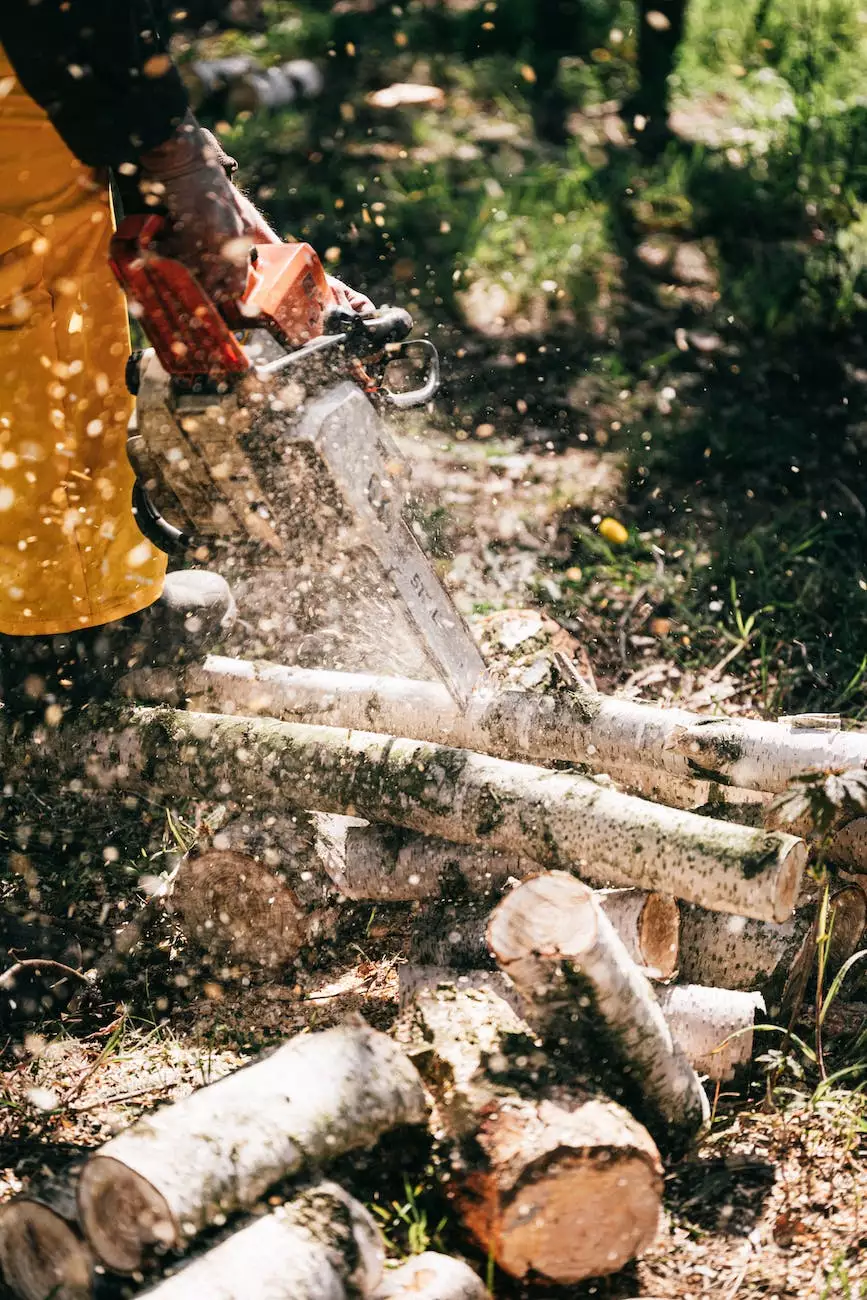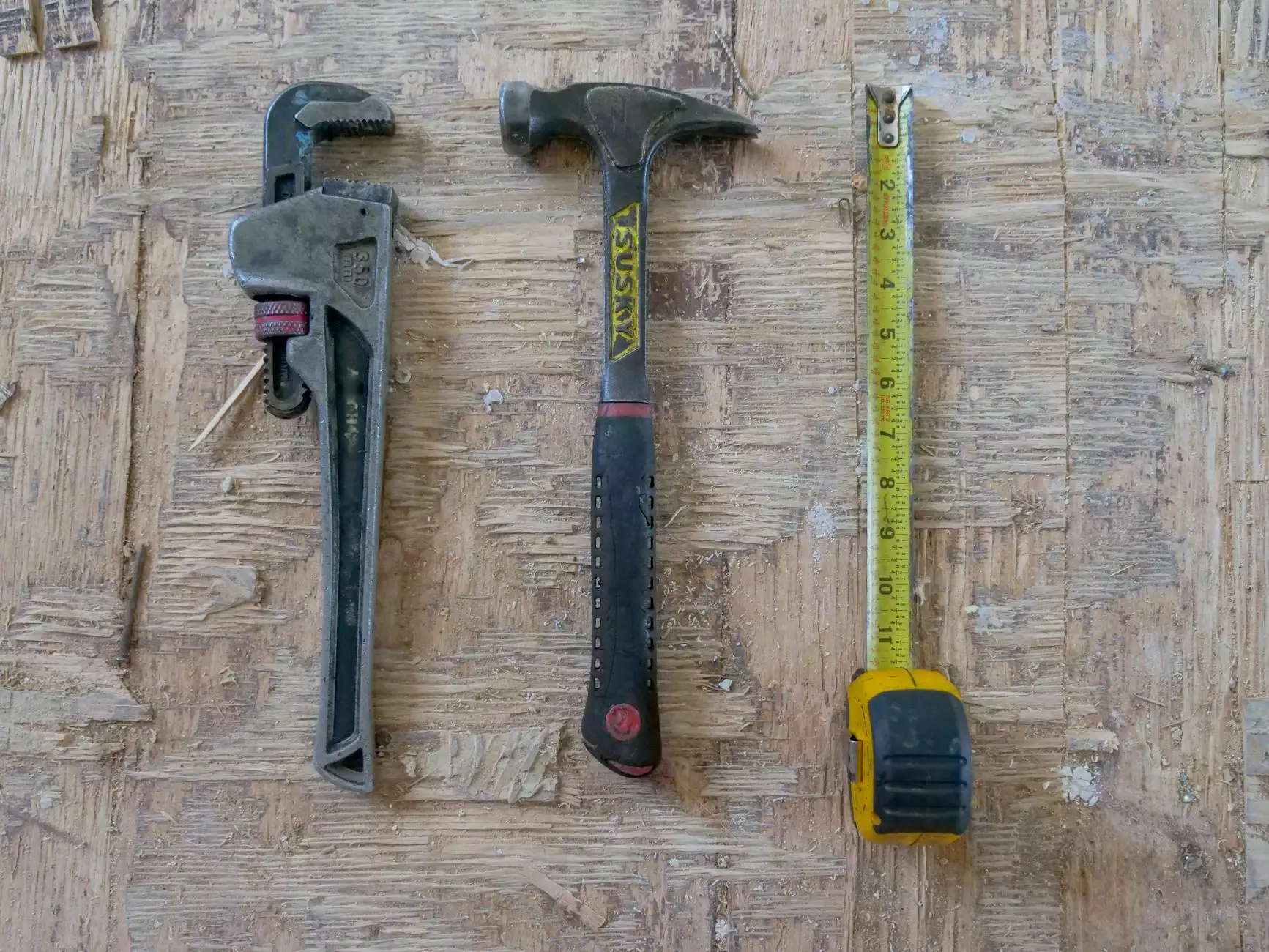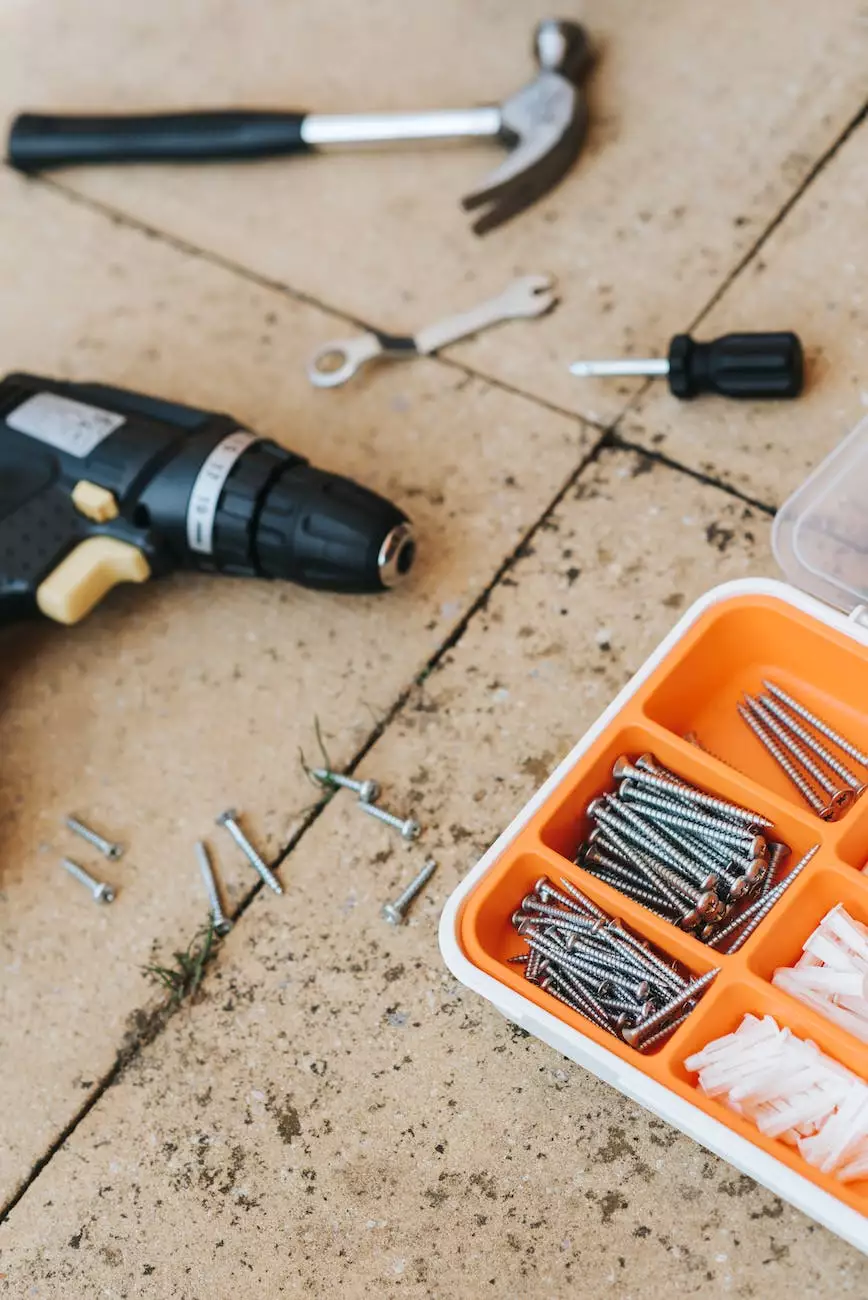How Does a Gas Leak Smell?
Plumbing
Introduction
At iBak Solutions, we understand the importance of safety in every aspect of life. Today, we will shed light on a crucial topic - how a gas leak smells. Understanding the signs and recognizing the odor can help prevent potential hazards. Read on to discover more about gas leaks and the steps you need to take to ensure your safety.
The Smell of Gas Leaks
Gas leaks are dangerous and can have severe consequences if left unnoticed. The distinctive smell of gas is intentionally added to natural gas, propane, and other flammable gases to alert individuals to a potential leak.
The smell is often described as rotten eggs or sulfur-like. This strong and unpleasant odor is hard to miss, and it's important not to ignore it. If you detect this smell, it is crucial to act promptly and follow the necessary safety measures.
Recognizing a Gas Leak
In addition to the typical odor, there are several signs that can help you identify a gas leak:
- Hissing sounds: If you hear a hissing sound near a gas line, it could indicate a leak. The sound is caused by the high-pressure gas escaping from a pipe or appliance.
- Physical symptoms: Exposure to gas leaks can cause physical symptoms such as dizziness, nausea, headaches, or fatigue. If you experience these symptoms along with the odor, it's important to take immediate action.
- Dead plants: An unusual pattern of vegetation death or discoloration in your garden or near gas lines could be a sign of a gas leak beneath the surface.
- Higher gas bills: If you notice a sudden increase in your gas bills without any explanation, it could indicate a gas leak. Leaking gas can cause wastage, leading to higher consumption and costs.
What to Do in Case of a Gas Leak
If you suspect a gas leak, it is crucial to act quickly and follow these steps:
- Evacuate the area: If you are indoors, immediately leave the building or location where you suspect the gas leak. Ensure everyone else evacuates as well.
- Avoid open flames and sparks: Do not light matches, candles, or any other open flames. Avoid using electrical switches, as they can potentially spark and ignite the gas.
- Do not use electronic devices: Refrain from using any electrical devices, including phones and appliances, as they can create sparks.
- Call emergency services: Once you are at a safe distance, call your local gas provider or emergency services to report the gas leak. Provide them with all the necessary information, including your location.
- Wait for the professionals: Do not re-enter the area until professionals have determined it is safe to do so. They will assess the situation, repair the leak, and ensure your safety.
- Consider preventive measures: Regularly schedule professional inspections to detect and prevent gas leaks. Install carbon monoxide detectors in your home or business to monitor gas levels and detect leaks early.
Conclusion
Knowledge about the smell and signs of a gas leak is essential for everyone's safety. At iBak Solutions, we prioritize your well-being and aim to provide valuable insights to ensure you are well-informed and prepared. Remember, in the case of a gas leak, always prioritize your safety and take immediate action. Stay alert and together, we can prevent potential hazards and protect ourselves and our communities.




